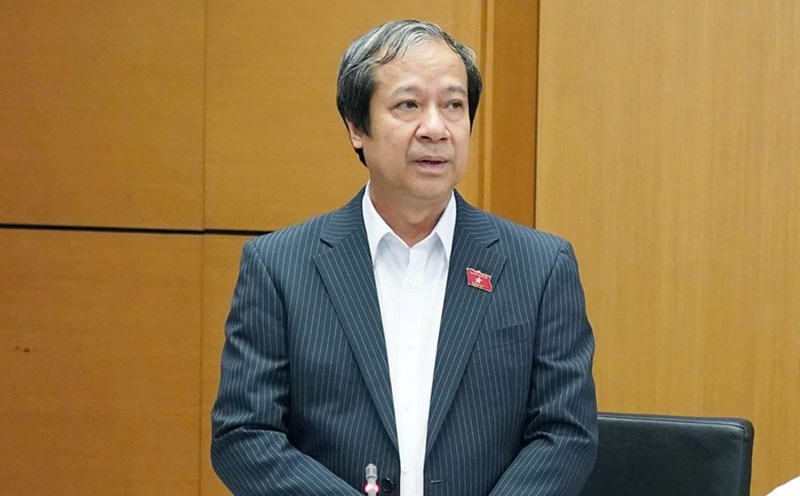According to Anphabe Company, the 6 most common mistakes along with practical suggestions to help businesses and employers improve recruitment efficiency, build a team of quality human resources and develop sustainable businesses.
asking predictable questions leads candidates to prepare answers in advance and not reveal the exact candidate
Candidate puzzles were no longer popular for a while, so both employers and candidates can "breathe a sigh of relief". But instead, employers should not make the mistake of asking simple, predictable interview questions.
If you really want to understand more about candidates, ask questions that you don't know the answers to and questions that candidates can't prepare for.
Comparing educational qualifications and experience with skills
You will always be impressed by the CVs of some candidates, especially when they have a good degree or many years of experience working at a leading company. However, educational qualifications and experience are still nothing compared to the most important issue that a candidate can possess: skills and work experience.
To find out if the candidate has the necessary skills, ask questions that help inspire in-depth understanding of their soft skills and be ready to evaluate hard skills.
Do not keep in touch with candidates
With the current high demand for talent, top candidates are not always ready to endure a long recruitment process. Even if they prefer your opportunity, they may accept another offer if they have not received feedback from you for many weeks.
Maintain a friendly relationship and check your email throughout the recruitment process when the candidate needs information, even if the candidate does not have any information to answer.
Relying solely on external candidates
Previously, employees often worked for an organization for almost their entire career. The companies have filled 90% of their recruitment positions through internal promotions and rotations. Currently, that number is only one-third or less.
The best candidate could already be at your company.
It is recommended to encourage the posting of all recruitment positions internally and then play an active role in identifying internal candidates and contacting them. Once you have found a suitable person, ask them to go through the same interview and skills assessment process as you do with outside candidates.
Eliminate "exceeding the standard" candidates
If you often reject candidates because you think they are exceeding the required standards, you should probably reconsider. Recruitment managers may not want to hire more experienced people and may overshadow candidates. There is always a risk that candidates will be discouraged and quit their jobs or candidates may want a salary that is too high.
However, most experienced employees understand that salary during working time tends to increase and decrease over time, instead of continuing to increase. There may also be a reason why an experienced candidate wants to work at your company - even if it is a lower salary.
Do not follow candidates until you receive feedback from the candidate you have recruited
This is a very easy mistake to make: You send a message to a promising candidate, do not receive any response and ignore that candidate.
You should send a few more messages to get feedback after you have spent time and effort finding quality candidates. You should look for new ways to encourage passive candidates to take action, and sending them a general message is often ineffective.











